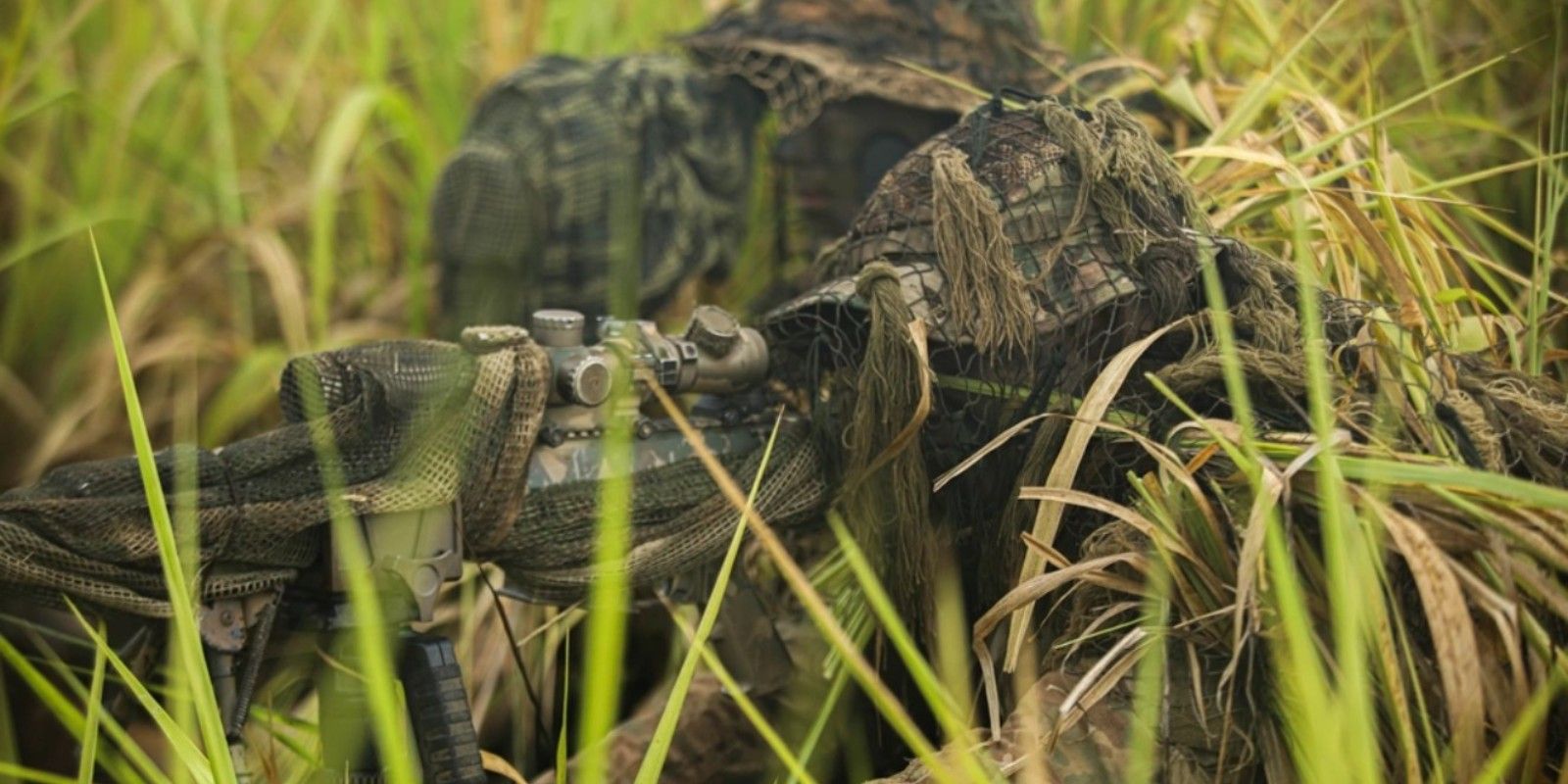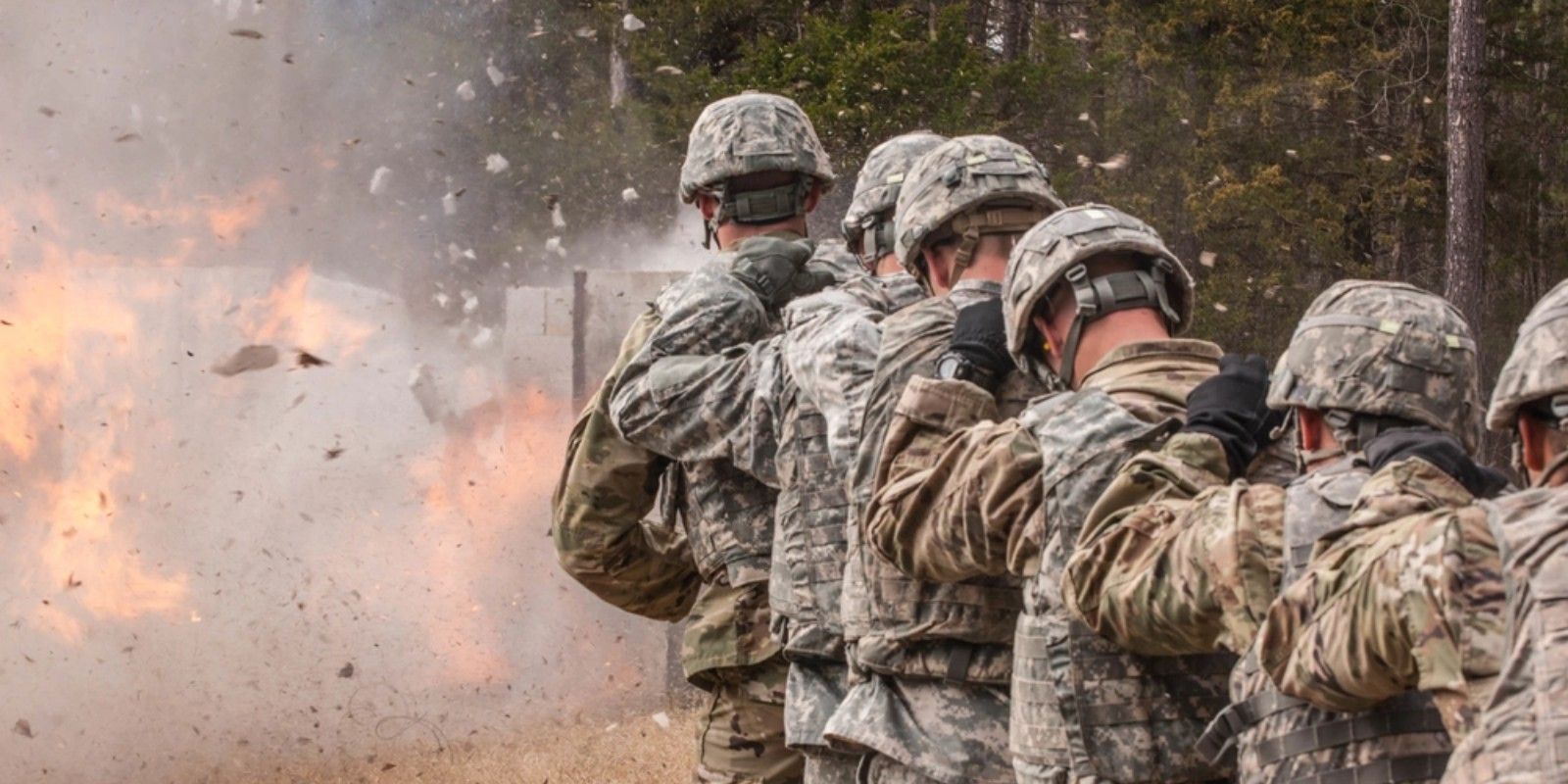MILITARY SEXUAL ASSAULT VICTIMS SKYROCKET; WHAT'S THE DOD DOING?
By Olivia Rigby

Since 2020, the number of sexual assault victims within the military has skyrocketed. Military members are already sacrificing a lot to serve our country; they shouldn’t have to be concerned about their own comfort and safety being at risk because of the increase in sexual assault in the military. The Department of Defense has been making efforts to stop this crisis; keep reading to find out what they’re doing to help sexual assault victims as well as what they’re doing to prevent it.
See also:
Air Force Launches New Pilot for Victims of Sexual Assault in the MilitaryStatistics on Sexual Assault Victims in the Military
The Department of Defense has provided some military sexual assault statistics for 2021, as well as a definition of what they consider sexual assault. They define sexual assault as “rape, sexual assault, forcible sodomy, aggravated sexual contact, abusive sexual contact, and attempts to commit these offenses.” From a survey conducted in 2021, the DoD found that 1.5% of active-duty men and 8.4% of active-duty women experienced unwanted sexual contact in the year prior. Despite the Department of Defense’s Prevention Plan of Action, these numbers have been steadily rising over the years, and a large majority of sexual assault cases are never reported. The DoD looks to be working hard to make changes, and hopefully, the effects of these changes will start showing in the near future.Why Some Military Personnel Don’t Report
Reporting a sexual assault can be difficult for anyone, but it can be especially difficult for military personnel. Commonly, military personnel don’t want to be seen as “troublemakers,” or they could think reporting is too risky. Some just want to forget about it and move on. The trust in the military justice system is incredibly low, especially for women, so reporting a sexual assault likely seems pointless to women who think their reports will go unnoticed or be disregarded. In fact, many service women, despite their leaders being vocally against sexual assault, still see their leaders as supportive of the assault after their initial report. The DoD has found that junior enlisted members are often more likely to experience sexual harassment and/or assault. The DoD also found that sexual assault increases in unhealthy military climates. In military climates where things like sexual harassment and gender discrimination commonly occur, sexual assault is three times more likely to occur for women and ten times more likely to occur for men. Though the chances of sexual assault increase for men in an unhealthy military climate, women are still more likely to experience military sexual assault overall.Reforms Being Made
The Department of Defense is in the process of making reforms to better assist victims of sexual assault in the military. These changes largely consist of hiring a support team for sexual assault victims. The DoD has created the Offices of Special Trial Counsel. This group is meant to aid military sexual assault victims in getting the justice that they deserve. Many military cases of sexual assault have gone unreported because of a decreased trust in the military justice system. The Offices of Special Trial Counsel is meant to solve that issue. Additionally, the National Defense Authorization Act requires the military to hire additional personnel to assist victims of sexual assault. Both the Army and the Navy have stated that new employees are being implemented to help with the National Defense Authorization Act.What Is Military Sexual Trauma?
As defined by the U.S. Department of Veterans Affairs, military sexual trauma is used to refer to any instances of sexual harassment and/or assault that occurred during military service. However, the definitions of the terms “sexual harassment” and “sexual assault” can vary from person to person, so the VA has also broken down what is considered sexual harassment and sexual assault. Sometimes it can be difficult to come to terms with sexual assault and identify the repercussions of it. MST, like all traumas, can take a significant mental and physical toll on people. MST can cause:- Depression and/or numbness.
- Abusing alcohol and/or drugs as a means to escape or numb negative feelings.
- Issues with sleep.
- Feelings of isolation.
- Nightmares and frightening memories.
- Difficulties in managing strong emotions, such as anger, irritability, frustration, etc.
- Decreased self-esteem.
Resources for Help With MST
If you or someone you know is a sexual assault victim, there are resources available to help with Military Sexual Trauma. MST can have a significant negative impact on military service and on life as a whole; it’s important to seek help when needed. The VA has great information available on their website about treatment options, as well as a page dedicated to helping all military members find help for Military Sexual Trauma. Despite the Department of Defense’s efforts to reduce the numbers of sexual assault in the military, instances keep rising. Hopefully, the changes that are currently being implemented will help those who have been assaulted find justice, as well as help prevent sexual assault from occurring in the first place. Military Sexual Trauma can negatively impact someone for life. Sexual assault victims deserve to find justice and peace; with the resources offered to them by the VA, they can definitely take steps towards recovery from MST.See also:
The Service Women's Action Network Fights for Military WomenSHARE:
TAGS:
mental health
news
JOIN OUR NEWSLETTER
Get the latest news and military discounts



